Privacy Policy
General
The Calgary Residential Rental Association respects the privacy of its members and non-members who use the products, programs or services provided by the Association.
The Association collects business contact information from its members and enters this information into the Association’s database. Non-members who give their permission may have their business contact information entered into the Association’s database.
We will not lease or sell any personal information to third parties. We will not release personal information to anyone who is not employed or contracted by us to provide a service to you, unless required by law.
We will only use this information to serve you better and, with your permission, will send you information
- about our products, programs, and services, or
- to respond to your inquiries about our offerings, or
- to offer you other products, programs or services that we believe may be of interest to you.
If you prefer not to receive this type of information in the future, just let us know by contacting us and we will take you off the notification and mailing list.
We produce a membership directory that is displayed in the member’s area of our website. This directory is available to any member in electronic format upon request. Members, subject to their permission as indicated on their membership form, have their business contact information, which includes their name, address, phone and fax numbers, listed in this directory. Members who no longer wish to be listed in this directory can contact us and we will remove them from the directory.
If a person chooses to submit an article for publication, we may publish the individual’s name, photo and business contact information.
The Calgary Residential Rental Association may contact an individual for the purpose of obtaining that person’s permission to collect information in order to profile them in an Association publication.
A request that the Association remove your personal or business contact information from the Association’s data base or website must be made in writing with proof of delivery to the Association (that could be via fax with confirmation, or a read receipt in email, etc).
Website – crra.ca
Due to the nature of the Internet, we are currently receiving certain technical information about your visit to crra.ca. This information does not identify you personally.
For all visitors to crra.ca
During your visit to crra.ca, our site notes:
- the internet domain and internet protocol address from which you access our website
- the type of browser and operating system used to access our site
- the date and time you access our site
- if you were referred to crra.ca by another website, the name of that website
- the pages you visit on crra.ca
- and if you link to crra.ca from another website, the address of that website
None of the data we collect in this way contains any personal information about you.
We use this information for statistical purposes and to help us provide the best possible website presentation to our visitors.
For visitors who volunteer information via our on-line Membership and Registrations forms
Along with the information gathered as described previously in the section titled “For all visitors to crra.ca,” we also receive any information you may enter via this website’s voluntary on-line forms. We use the information gathered from the on-line form you submit to us to process your registration or membership application.
We treat what we learn about our Visitors as confidential and we do not sell, lease or provide this information to any other company, person or agency unless required by law.
For visitors who contact us via email
If you choose to contact the Calgary Residential Rental Association by electronic mail, the information you send to us will be used only for the purposes described in your message. Due to the nature of the Internet and the World Wide Web, we cannot assure the security of information transmitted over the internet by electronic mail.
Please be advised that using electronic mail is less secure than using the registration and membership forms found on the Calgary Residential Rental Association website.
If you are concerned about sending personal information such as your credit card number or your home phone number and address over the Internet via email, we suggest that you send the information to the
Calgary Residential Rental Association by using our secure on line registration or membership forms; or by using fax or regular mail; or by contacting the Calgary Residential Rental Association by telephone.
For website and privacy security purposes, and to ensure that this website remains available to all users, crra.ca employs software programs to monitor network traffic and identify unauthorized attempts to upload or change information, or otherwise cause damage.
Contact Information
If you have questions or concerns about this policy or any issues relating to the privacy of your own personal information with regards to this policy, contact:
Calgary Residential Rental Association
4653 Macleod Trail SW
Calgary AB T2G 0A6
Tel: 403.265.6055
Fax: 403.265.9696
 Become a Member
Become a Member login
login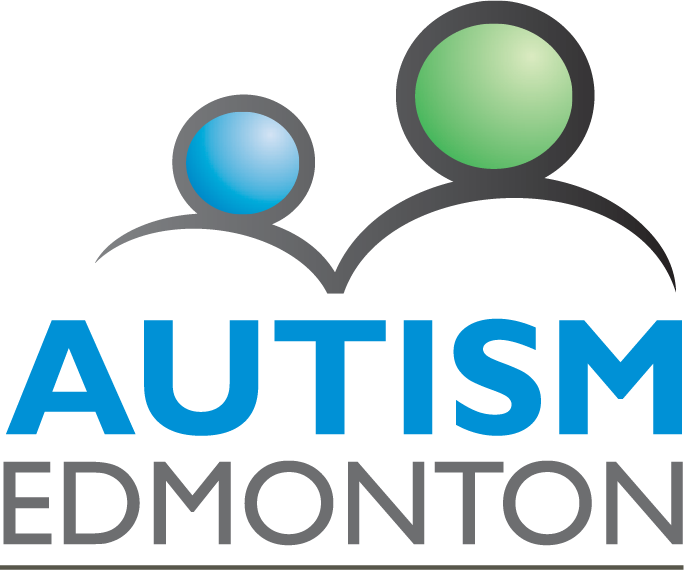

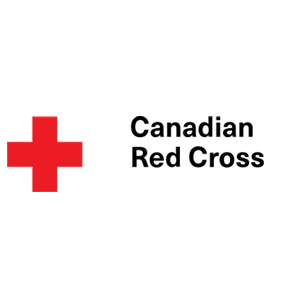
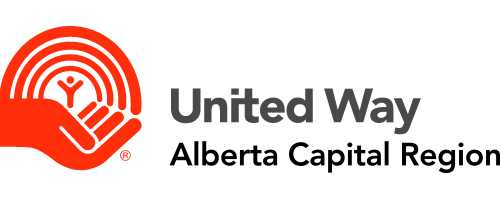
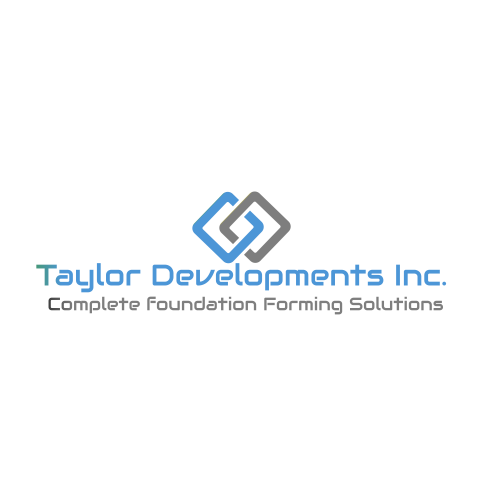
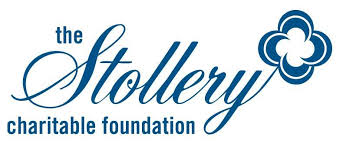






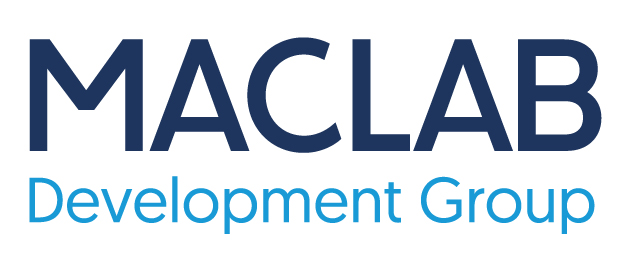
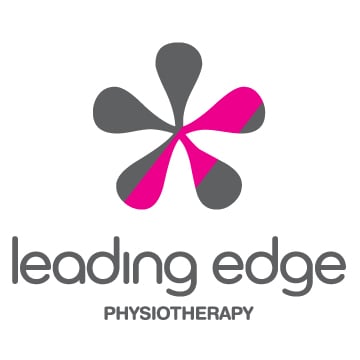





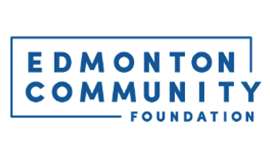
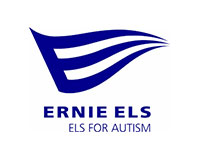
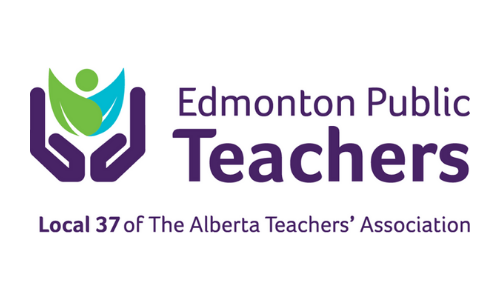













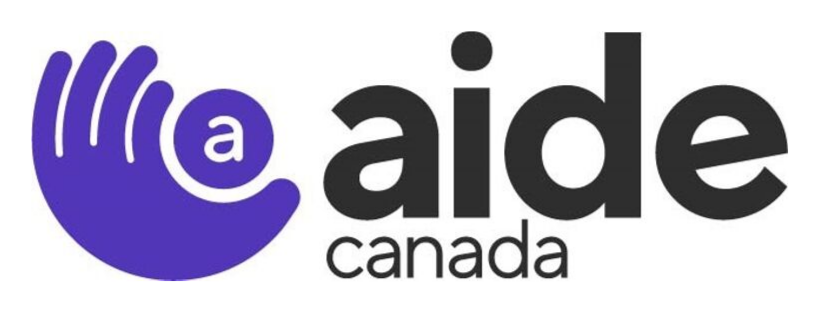

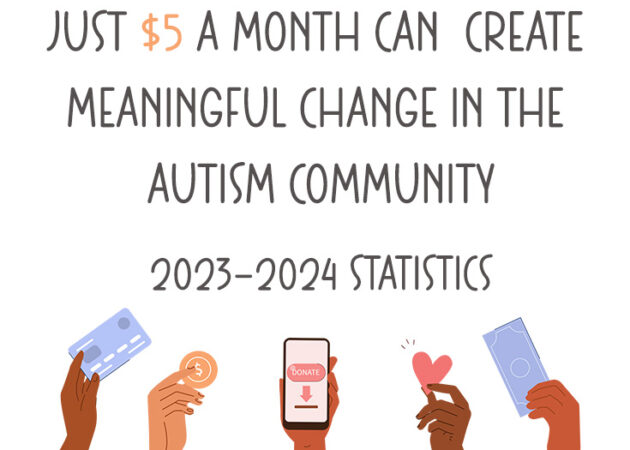
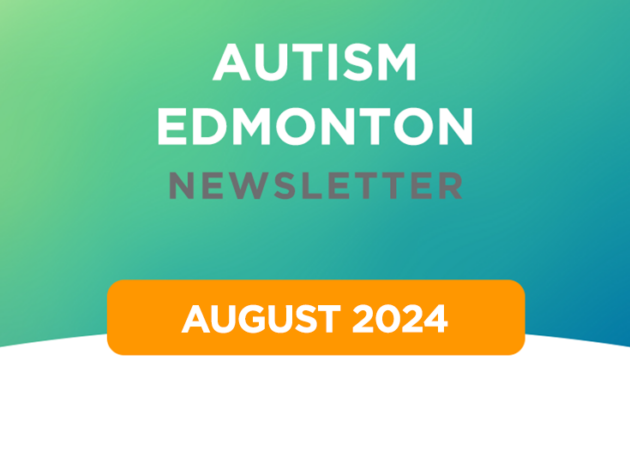
Social Challenges in Employment Study
Social Challenges in Employment Study
Researchers at the Olga Tennison Autism Research Centre (OTARC) at La Trobe University in Australia would like to know about the social challenges individuals on the autism spectrum have experienced in the workplace. They are seeking either:
In an online survey, you will be asked to describe up to 10 examples of:
Completion time for the survey can vary from 5 to 30 minutes depending on the number of examples, and the amount of detail provided in your response. Participation is completely voluntary and anonymous, and can be discontinued at any time without consequences. To view an information sheet and access the study please click here.
For more information, please contact Dr Simon Bury at s.bury@latrobe.edu.au or Dr Rebecca Flower at r.flower@latrobe.edu.au.